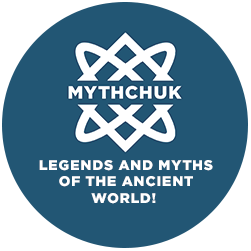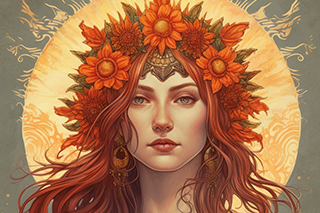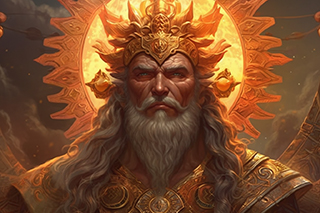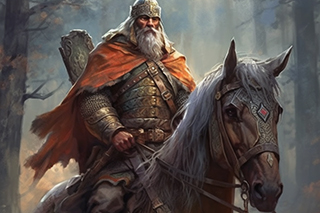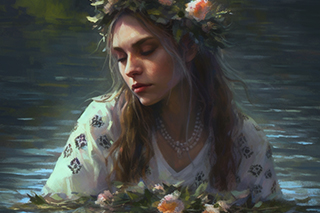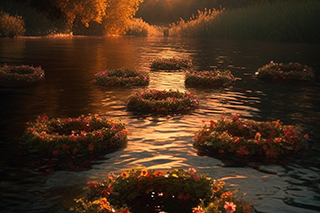Slavic Mythology
- Main
- >
- Slavic Mythology
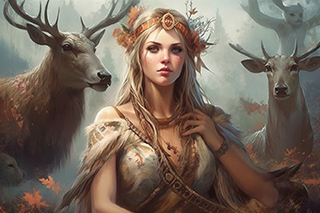 Slavic Mythology
Slavic MythologySlavic mythology is a system of beliefs, cults, and mythological perceptions of the world formed among the Slavic peoples. It generally refers to the period from the 2nd millennium BCE to the 10th–14th centuries CE. The adoption of Christianity is traditionally considered its endpoint, though in practice, many pagan myths and customs simply transformed—gaining new forms and often incorporating Christian elements. Some deities were renamed and canonized as saints. Rituals and ceremonies were reinterpreted, yet their meanings remained largely the same. A simple comparison of major holiday dates is enough to reveal these fascinating parallels.
The main challenge in studying Slavic mythology is its fragmented and regionally varied nature. The Slavs consisted of many distinct peoples whose worldviews and pantheons often differed. Some tribes worshipped unique deities, others shared the same gods under different names. Reliable written records are scarce—most myths were passed down orally, and only rarely documented. What survives today is largely reconstructed from 19th-century folklore collections. Still, modern Slavic mythology has claimed its place among the great mythologies of the world and continues to be studied by historians as one of the most intriguing and mysterious traditions.
Slavic mythology is not only remarkable for its extensive pantheon of gods, spirits, and legendary beings, but also for its unique worldview, emphasizing interaction with nature and the environment. Our ancestors revered the natural world and life itself. They believed in harmony and cyclical balance—acknowledging that good and evil exist simultaneously, and that one cannot exist without the other. These principles were immortalized in the myths and legends that we now invite you to explore.
Another fascinating feature of Slavic paganism is that it did not require churches or religious institutions. The divine was believed to be all around and within each person. The omnipresence of spirits, the animation of nature, the ever-present supernatural forces in both daily life and ritual, the powerful cult of ancestors, and the rich development of so-called "lower mythology"—these are the defining traits of the Slavic worldview.
